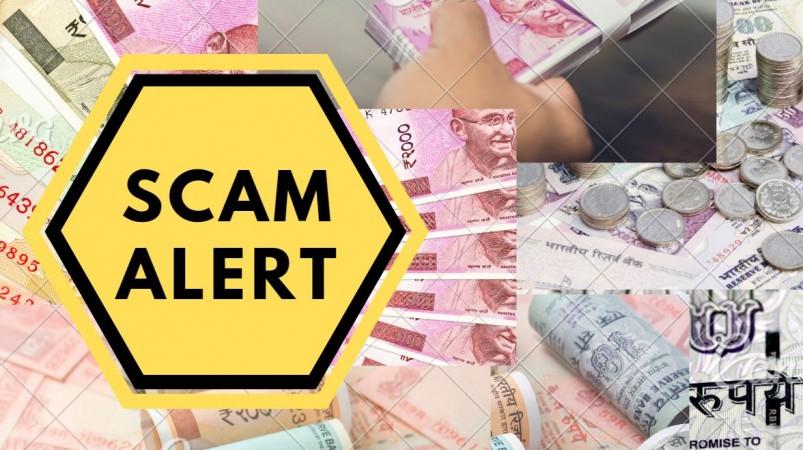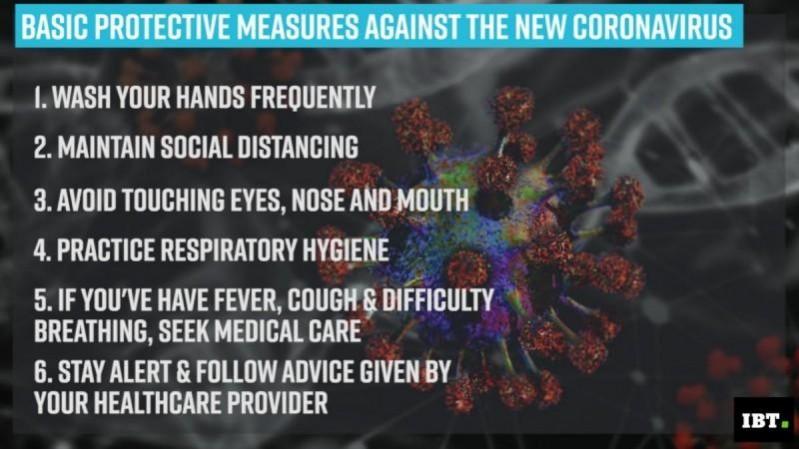Exploiting public fears amid the coronavirus outbreak and nationwide lockdown imposed, there has been a noted increase in coronavirus phishing scams. Cybercriminals have been using legit organisation email addresses to circulate information about the novel coronavirus symptoms and precautions to take. The email message might ask you to open an attachment to view the latest statistics or might offer guidance on how to stay protected in times of the pandemic, precautions to take and symptoms to identify if you are coronavirus infected or not, etc.

Now, we urge users to not click on the attachment or open the embedded link in the email from unknown sources, even if it seems legit. If you do so, there is a chance of malware getting automatically installed on your device to allow cybercriminals to hack into all of your personal information and financial data with the utmost ease.
Microsoft had earlier issued an advisory on how to protect users against coronavirus themed phishing attacks. A news report identified, Russian hackers affiliated with groups Fancy Bear and Sandworm sending malicious emails with attachments to Ukrainian targets. North Korean hackers have been targeting South Korean, and hackers from China have been targeting the Vietnamese government.
How do you know if it's a coronavirus phishing email?
Most often cybercriminals use email addresses of World organisations in healthcare like the World Health Organisation (WHO) or the US Center for Disease Control (CDC), prominent research labs in your country to send across emails falsely reporting, perhaps a surge in coronavirus cases in your area, or a link directing you to an online tool (app) that will help identify Covid-19 symptoms much earlier or download safety measures guidelines.

Most often these emails arrive on employees' workplace email accounts stating, "Hello All, Due to the current coronavirus outbreak, [company name] is advising you to take necessary safety precautions by circulating a Disease Management Policy. Kindly click on the attachment to download." Please observe extra caution when accessing such emails, it could be a phishing scam one
To avoid scammers, more so often be warned of two things they mention in the email - treatment for coronavirus, or natural cure to increase immunity and prevent Covid-19. These advertisements always create a sense of urgency to perhaps necessitating the need for panic buying claiming limited availability of a product, and some others asking for support to the PM relief fund, etc.
It is always smart to avoid such emails exploiting the coronavirus fears of the masses and stay safe and alert at all times.

Tips to find legit information and avoid phishing emails
- Beware of emails requesting personal information or urging you to download an attachment by creating a false sense of urgency or panic.
- Check the email address and link thoroughly before you click on it. You can do so by hovering your mouse over the URL to read where it gets directed. But cybercriminals are really smart to create URLs that resemble the original association or national health authority website. It's in your safe interest to completely ignore such emails and keep following TV news channels and digital news media to stay informed.
- Look for generic salutation saying 'Dear Sir or Madam', incorrect spellings and grammatical mistakes commonly found in phishing emails. If you bumped into one, delete it immediately.
- Delete emails that create panic, accelerate fears and urge you to act immediately without further thought. Such emails that create a false sense of urgency are most often phishing scams to hack into your personal information. Delete it immediately.
- You can access the national health portal of a country and government websites for coronavirus advisories and notices issued. Some of the legit sources of information are the Center for Disease Control and Prevention, the World Health Organisation, the Ministry of Health and Family Welfare, the National Centre for Disease Control, etc..
With coronavirus scare affecting the daily lives of people across the globe, it is but obvious that in these unpredictable times, there is an ever-increasing need to stay informed. Nonetheless, it's equally important to be informed with information from reliable sources and not fall prey to phishing scams.








